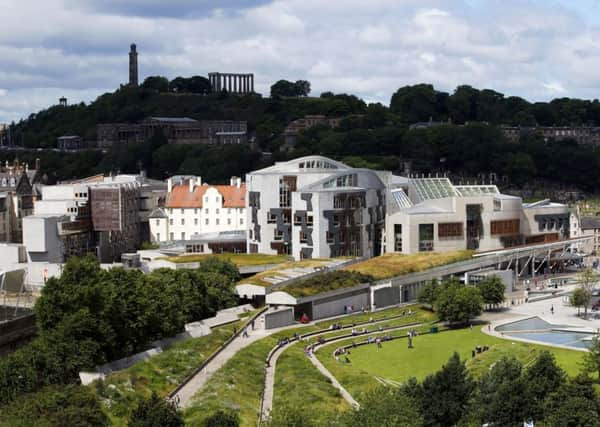Boris should take note of SNP’s smart move on democracy – leader comment


When the city state of Athens made the earth-shatteringly historic decision to create the world’s first democracy some 2,500 years ago, a man who took no interest in public affairs was deemed “not apathetic, but completely useless”, according to the great statesman Pericles.
Of course, this only applied to men. Women, slaves, children and ‘metics’ – foreigners allowed to live in the city – were not permitted to take part. It took Scotland and the UK quite a long time to catch on to the idea that democracy was a good idea, slavery was wrong and women should be allowed to vote, with the full enfranchisement of women happening within the past century. So we perhaps should not criticise the ancient Greeks too much.
Advertisement
Hide AdAdvertisement
Hide AdNow the Scottish Government, following the decision to lower the voting age to 16, plans to take another step towards increasing the franchise. Our modern-day metics – citizens of other nationalities who are legally resident in Scotland – will be allowed to vote.
Adding about 55,000 people to the electoral roll – with Commonwealth and Irish citizens already able to vote in all UK elections and EU citizens allowed to take part in local, devolved and European elections – it will mean that Scotland has one of the most inclusive voting systems in the world. This seems perfectly reasonable. Everyone who lives here is affected by the laws and policies that are passed, so why not give as many of them as possible a say?
Cynics may suspect that a commitment to as democratic a society as possible is not the only reason behind the move and that SNP pollsters have discovered a nationalist majority among these newly available voters. But perhaps the biggest impact could be from enabling a new group of people to stand as candidates for election. Fresh ideas, a different perspective, an outsider’s view may prove to be valuable.
The other effect is to underline what has long been a mainstay of the SNP’s strategy – to create, widen and/or amplify any political gaps between Scotland and England.
With opposition to immigration a main driver of the Brexit vote, the SNP has been at pains to stress Remain-supporting Scotland’s need for migrants and its different attitude on the issue. It’s a good strategy that may win over hearts and minds of those on the fence about independence. Unionist Scots may wish to explain this to Boris Johnson and his fellow Brexiteers.